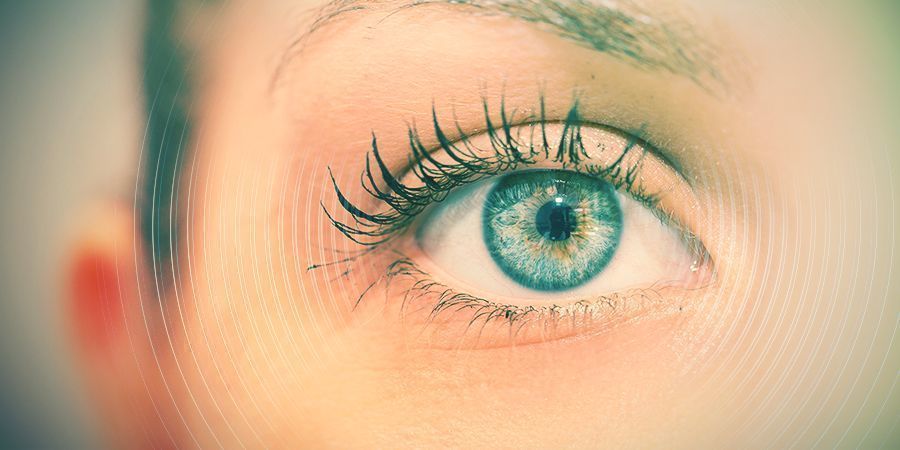Why Does Salvia Make You Trip So Hard?
Salvia is an extremely potent atypical hallucinogen. It is well known for its often jarring and full on trips, leading it to be used as more of a spiritual aid than a recreational hallucinogen. We take a look at some of the reasons it has this reputation.
Salvia (Salvia divinorum) is a plant belonging to the mint family. You might also know salvia by one of its other names, such as Leaves of Mary, the Shepherdess, and Maria Pastora. Some also refer to it as Diviner’s Mint, Sally-D, or Magic Mint.
Salvia is a serious hallucinogen. In fact, it maintains a reputation as one of the strongest natural hallucinogens out there. It is a very intense experience and not for novice psychonauts.
It is commonly found in Mexico and Central and South America. Indigenous tribes including the Mazatec traditionally utilised salvia in religious ceremonies and shamanic divination. When used in this manner, participants must follow strict guidelines for use, including being in near or total darkness as they take the drug.
WHAT KIND OF DRUG IS SALVIA?
Salvia is a drug known as a dissociative hallucinogen. Effects include strong hallucinations, altered perception, and mood changes. Salvia is also a powerful psychotropic. Other effects include uncontrollable laughter, confusion, and loss of self-awareness.
Why? The main ingredient is salvinorin A, which attaches to the kappa opioid receptors. These, in turn, are responsible for regulating human perception.
Salvia is unlike most naturally-occurring hallucinogens, which are made up of organic, nitrogen-containing alkaloids. As a result, if abused, the side effects of salvia can be very dangerous.
Salvia is also known as an atypical psychedelic because there is nothing like it. Most common hallucinations include synaesthesia - the crossing of one sensation into another. In other words, users can see things and literally “feel” them. Some users report the sensation of literally “seeing” through their skin, not their eyes. This is not the case with salvia.
HOW SALVIA AFFECTS THE BRAIN
Most hallucinogenic substances affect serotonin, GABA, and glutamate neurotransmitters. In contrast, salvia targets the brain’s kappa opioid receptors, reducing levels of dopamine. Opioid receptors play a powerful role in the formation of opioid addictions. However, opiates target the brain’s mu opioid receptors. As salvia activates the kappa receptors, the effects are different.
It is used for vision quests, inner journeys, and spiritual pursuits - which is exactly how it was traditionally used by the Mazatecs. It is not a recreational drug, and those who use it out of the right setting and mind frame are often shocked.
NOT A PARTY DRUG: THE SIDE EFFECTS OF SALVIA
When used in plant form, the side effects of salvia are minimal. Salvia is not considered dangerous in its plant form, with overdoses being pretty much unheard of. This does not apply to pure salvinorin A. The main danger from using salvia leaves are losing a sense of awareness and physically hurting yourself somehow. This is why it is important to have a trip sitter when using salvia.
Many can find salvia to be an intense and uncomfortable experience - nothing like other hallucinogens. It is best to start out with a low dose. Salvia is not thought to be addictive either physically or psychologically. However, it can be habit-forming. Salvia is legal throughout most of Europe. However, few people who use salvia describe the drug as a “party” drug.
-
 4 min
2 June 2025
9 (legal) drugs that will induce a psychedelic trip
Interested in discovering which legal substances offer psychedelic-like effects? These 9 options might surprise you with their mind-altering potential—but be warned: not all are safe, and some are...
4 min
2 June 2025
9 (legal) drugs that will induce a psychedelic trip
Interested in discovering which legal substances offer psychedelic-like effects? These 9 options might surprise you with their mind-altering potential—but be warned: not all are safe, and some are...
-
 5 min
3 October 2019
The Psychedelic Trip Sitter's Guide
Whether you are new to psychedelics or an experienced hand, the benefits of a trip sitter are significant. While they will not guide your trip, they are there to make sure you can explore the...
5 min
3 October 2019
The Psychedelic Trip Sitter's Guide
Whether you are new to psychedelics or an experienced hand, the benefits of a trip sitter are significant. While they will not guide your trip, they are there to make sure you can explore the...
-
 3 min
9 April 2014
How To Make Salvia Divinorum Extract From Dry Leaves
If you grow your own Salvia plants, why not make your own extracts? With a little kitchen chemistry you can easily produce a potent concentrate yourself.
3 min
9 April 2014
How To Make Salvia Divinorum Extract From Dry Leaves
If you grow your own Salvia plants, why not make your own extracts? With a little kitchen chemistry you can easily produce a potent concentrate yourself.









 United States
United States

















